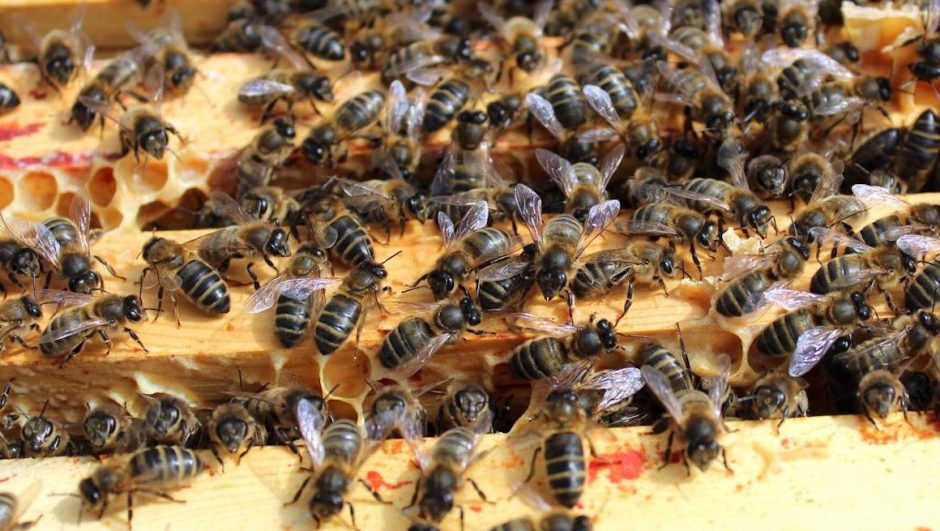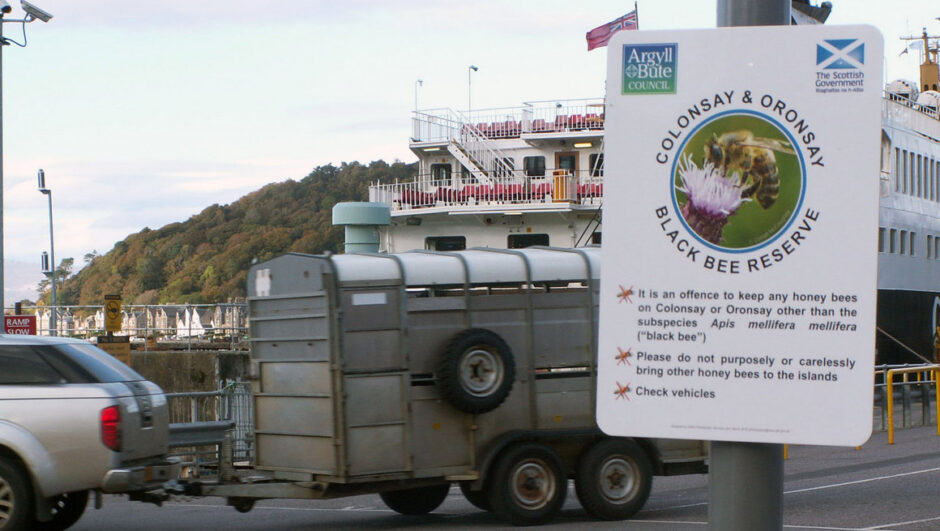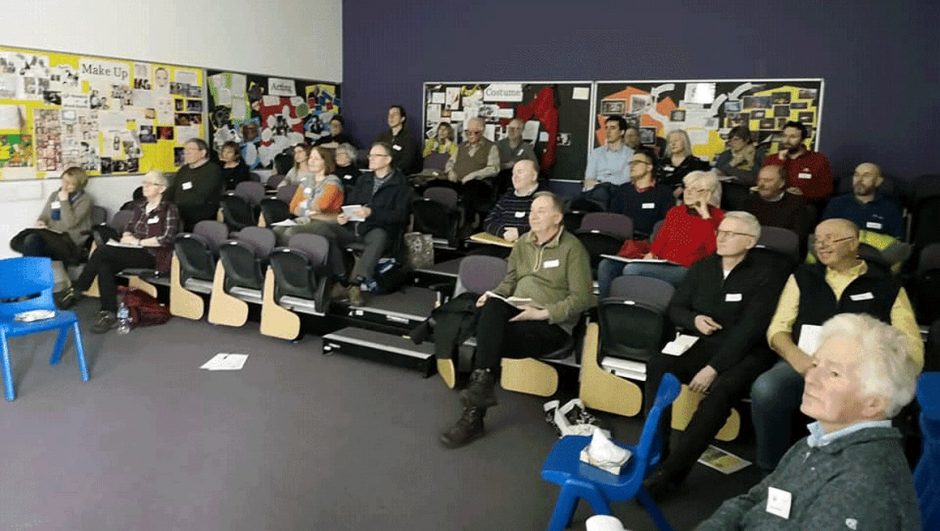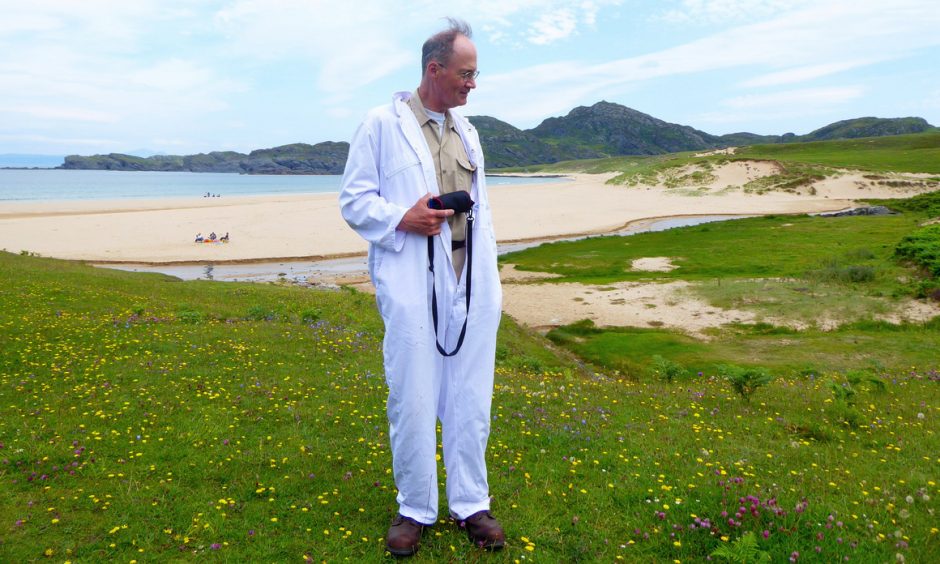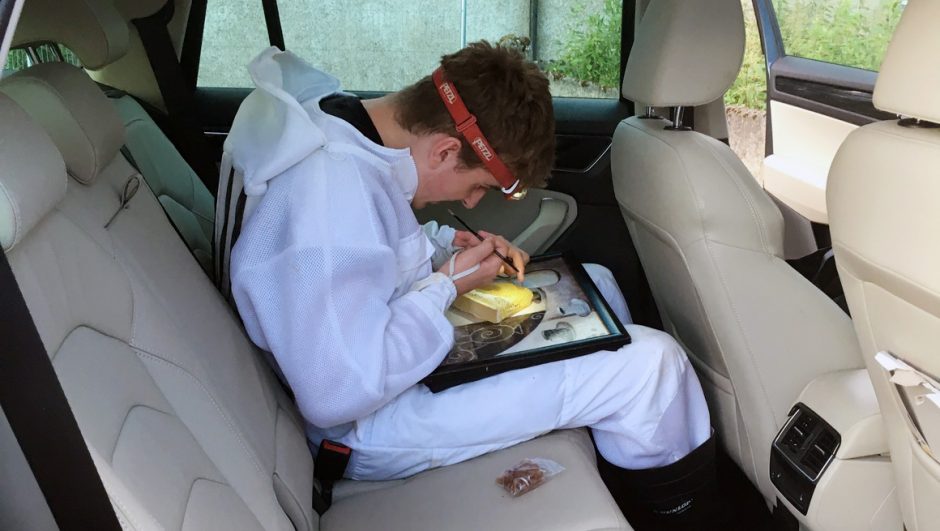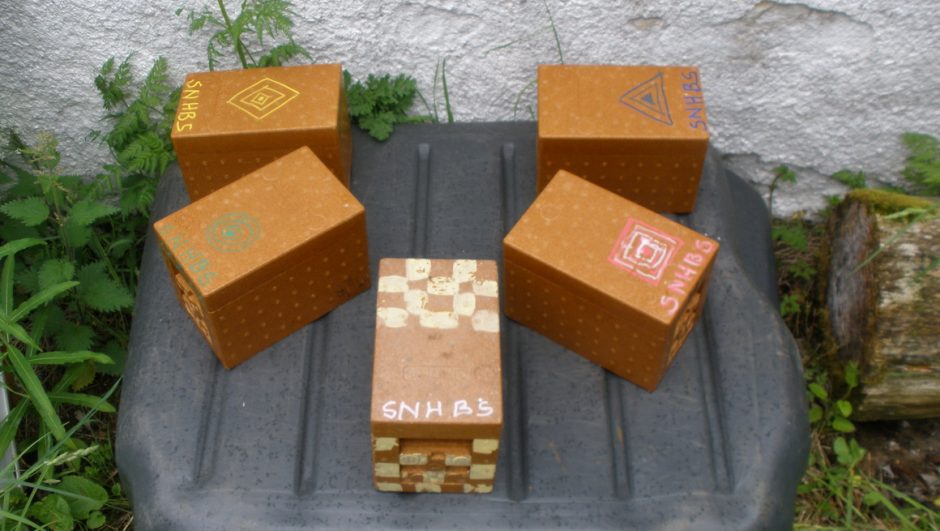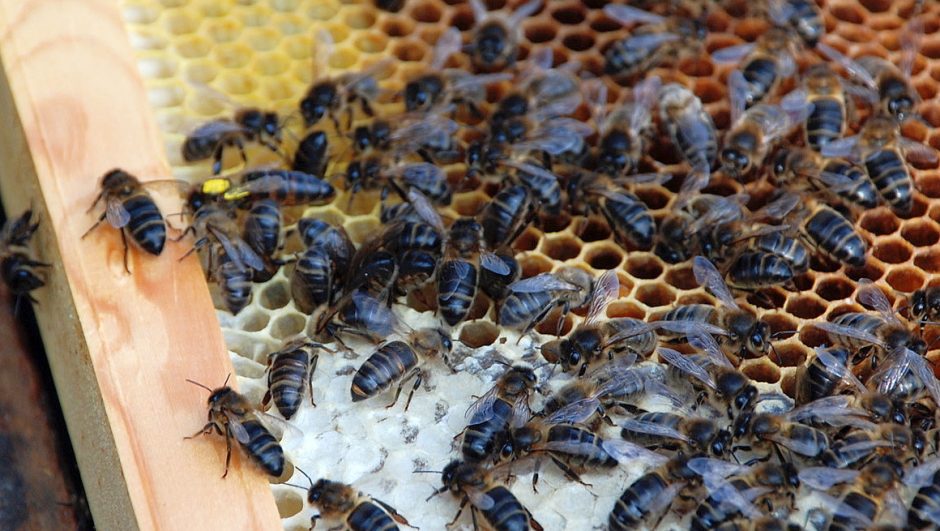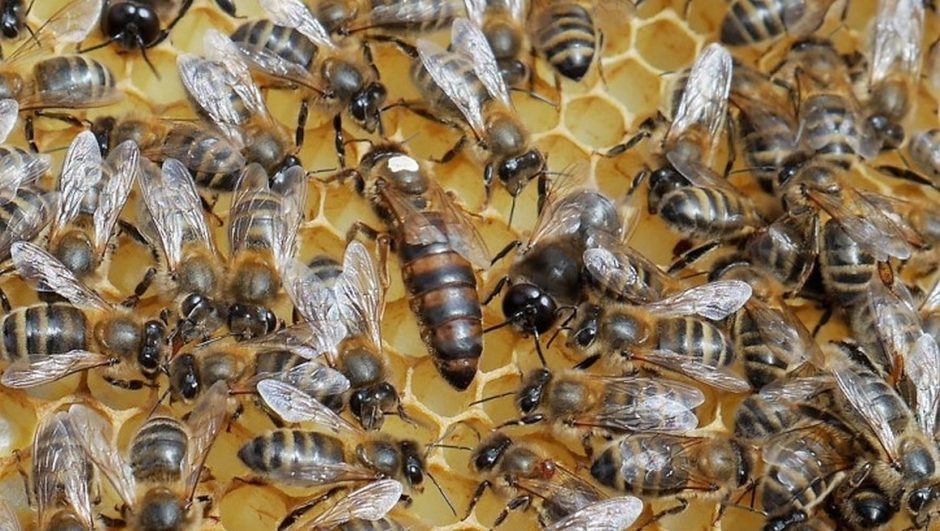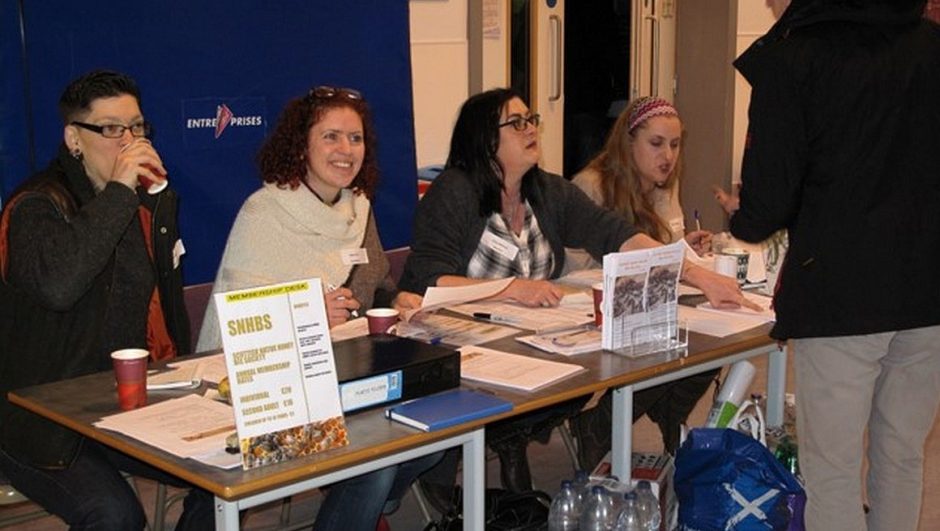With over 200 delegates, the first SICAMM online conference about dark European honey bees has been a huge success.
SICAMM has held conferences every two years “to support the survey, conservation, management and breeding of all extant ecotypes and geographical variants of the dark European honey bee Apis mellifera mellifera.” Due to the Covid-19 pandemic, SICAMM was unable to hold the planned 2020 meeting in Ireland and, so the SICAMM committee organised and held its first online conference beginning on 23rd October, 2021. It has been followed with a weekly lecture series held every Wednesday evening at 6pm GMT. These sessions run until 22 March 2022.
Continue reading “SICAMM 2021: the online conference that’s got everyone buzzing”

